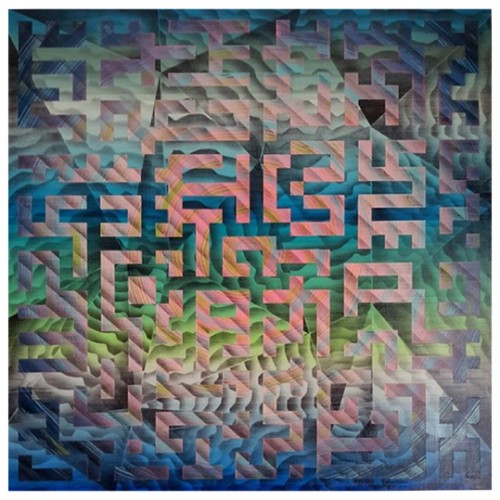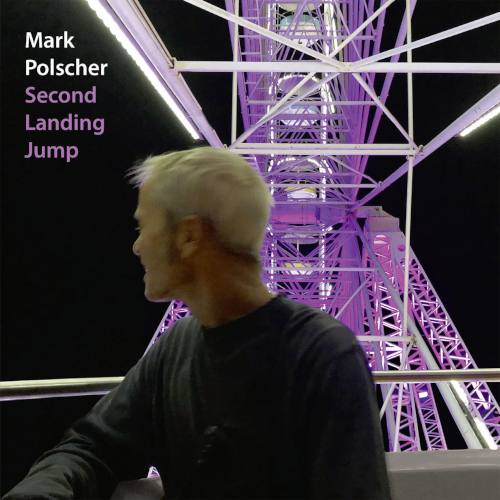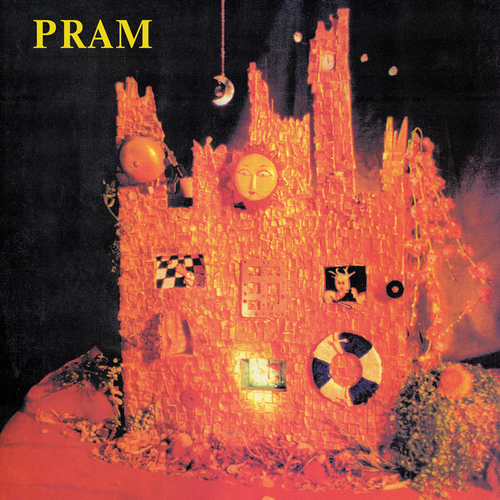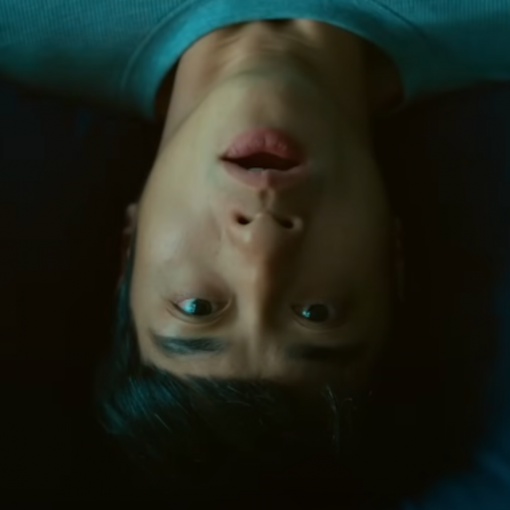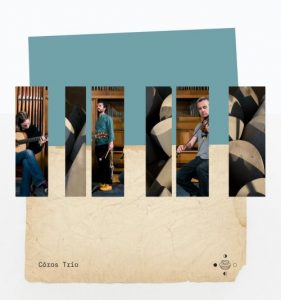 Ireland’s Córas Trio tread a fine line between folk, improv and jazz; and on this, their first album, they have utilised the disparate elements of violin, guitar and percussion to create a suite of songs that with one eye on the past have their feet set firmly in the future. Their recognition of the tradition of Irish music is countered with how best to move it forward, and with such titles as “Jackie Fitzpatrick’s” and “George White’s”, you feel that a get- together with friends down the local bar is as important an element as the songs themselves.
Ireland’s Córas Trio tread a fine line between folk, improv and jazz; and on this, their first album, they have utilised the disparate elements of violin, guitar and percussion to create a suite of songs that with one eye on the past have their feet set firmly in the future. Their recognition of the tradition of Irish music is countered with how best to move it forward, and with such titles as “Jackie Fitzpatrick’s” and “George White’s”, you feel that a get- together with friends down the local bar is as important an element as the songs themselves.
Both fiddle player Kevin McCullagh and guitarist Paddy McKeown also bring electronics to the table and this lends a further sense of movement; nothing overwhelming, just more facets to their flights of fancy. The violin is often the busier of the string instruments, leaving the guitar the more awkward options; not quite good cop / bad cop, but there is often a knottiness to the guitar lines that give pause to the listener. The blunt thrums and staccato slices really nag while percussionist Conor McAuley is all over the kit as if trying to fight imaginary fires started by the fiddle.
The pieces here have that longing of Irish folk, but subverted in different directions and it is interesting how there is enough for a trad folk fan to cop an ear to, but definitely adventurous enough to draw fresh interest. The fiddle still pines for home as it should, but is never allowed to be maudlin and the electronics give a whole other impression of what home actually is. There is talk in the press release of chaos theory being an influence and there are moments, particularly on “Julia Delaney’s” where a spinning wheel of drone completely changes the atmosphere, the kaleidoscope momentarily dropped and a monotone engraving taking its place.It was only after listening to the album three or four times that it occurred to me that the obvious parallel in terms of them being a progressive guitar / fiddle / percussion trio was The Dirty Three, but there really is no musical comparison except maybe in the yearning violin tone of closer “Boys Of Ballisodare”. It is testament that they have taken an unusual trio format and swept the listener up with a series of moving, adventurous and thoroughly enjoyable instrumentals that call you back for more.
As a first outing this is impressive and I can’t wait to see what more they have to offer.
-Mr Olivetti-
